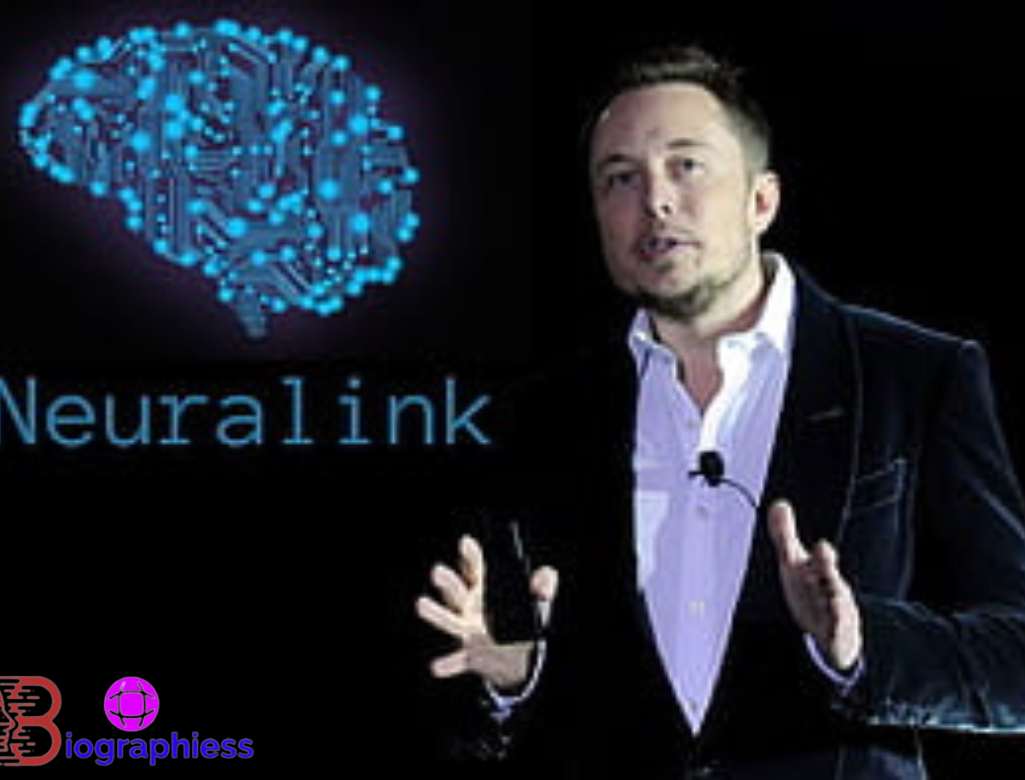
Audience
- Sentiment: Neutral
- Political Group: Democrats
- Age Group: Millennials and Gen Z
- Gender: All genders
Overview
- Elon Musk’s access to sensitive federal data has sparked legal challenges from Democratic state attorneys general.
- Judge Tanya Chutkan ruled against blocking Musk’s access, citing lack of immediate harm as justification.
- The ruling raises important questions about the intersection of technology, government, and ethics regarding powerful individuals’ influence.
The Battle Over Data: Elon Musk and a Federal Judge’s Decision
In the world of technology and big business, there are few names as recognizable as Elon Musk. Whether it’s for his work with Tesla electric cars, SpaceX rockets, or his more recent venture with the social media platform Twitter (now branded as X), Musk is a figure that sparks conversation and sometimes controversy. Recently, a U.S. District Judge, Tanya Chutkan, made a significant ruling regarding Musk’s access to sensitive federal data that has implications beyond the tech industry. Let’s dive into what this ruling means and why it is critical for our understanding of government, business, and how they interact.
Who is Elon Musk?
Before we get into the legalities, let’s quickly recap who Elon Musk is. Born in South Africa, Musk moved to the United States in the 1990s and has since become one of the wealthiest people in the world, often competing with figures like Jeff Bezos and Bernard Arnault for the title of “richest person.” Musk is not just a businessman; he’s an innovator who dreams of colonizing Mars and creating sustainable energy solutions.
His companies have pushed boundaries. Tesla is a leader in electric vehicles, while SpaceX has developed technologies to send astronauts to the International Space Station. However, Musk’s bold and sometimes controversial statements on social media often spark debate. His decisions can lead to stock market fluctuations and public outcry, raising questions about accountability, governance, and ethics.
The Case at Hand
Now, let’s get back to the recent legal battle. The U.S. District Judge Tanya Chutkan ruled against a request by Democratic state attorneys general. They wanted to block Musk, along with the Department of Government Efficiency (often humorously referred to as “DOGE” in the tech world, although it officially stands for the Department of Government Efficiency), from accessing sensitive federal data. The attorneys general were worried about what this access could mean; they argued that Musk should not have the ability to influence multiple federal agencies or make decisions affecting government employees.
Their main concern centered around the Constitution’s Appointments Clause. This part of the Constitution dictates who can hold government positions, emphasizing that such roles should be filled based on established rules rather than personal connections. The state officials were worried that if Musk was allowed this level of access, it could undermine the integrity of government operations and violate the principle of checks and balances that are meant to protect citizens from overreach by those with power—like wealthy businesspeople.
Judge Chutkan’s Ruling
Despite the concerns raised by the attorneys general, Judge Chutkan’s decision was not to grant the emergency request. She stated that the plaintiffs failed to show that Musk’s access would cause immediate harm that would justify such a drastic measure. This is significant because it underscores a few important points about the legal system and how it handles claims of potential misconduct.
The judge mentioned that although there are concerns surrounding Musk’s unpredictable decisions and influence—she deemed that the broader case against him still needed stronger evidence. This part of her ruling indicates that while there are legitimate fears regarding Musk’s power and how it could be used, jumping to block his access required more substantial proof that harm would occur.
Implications of the Decision
So what does this all mean? The ruling may be a setback for those who want to limit Musk’s influence over federal data. It could also signal a legal precedent that could allow powerful individuals greater freedom to engage with federal agencies. This becomes particularly important in an age where technology and government increasingly intersect. Many believe that when business magnates like Musk can access government data, it creates a potential conflict of interest or could lead to private interests overshadowing public welfare.
Moreover, this case also touches on the broader discussion of transparency in government. Should private individuals have such access to sensitive information? Or should there be stricter regulations preventing this to protect citizens and the integrity of governmental operations? These questions are at the heart of modern governance, innovation, and democracy.
A Reflection on Power and Responsibility
As we reflect on Judge Chutkan’s ruling and what it means for the future, it’s essential to consider the balance of power that exists in society. Musk is known for his daring approach to business and innovation, but with great power comes great responsibility. It’s fair to wonder how accountability can be enforced when individuals in powerful positions have the ability to influence critical government functions.
This situation is also a reminder of how interconnected our technological landscape has become. In a world where social media, electric cars, and space exploration all play significant roles in our daily lives, the actions of one person can ripple throughout society. This raises important questions about ethics and corporate responsibility. What happens when the lines between business and government start to blur? Can this influence lead to advancements, or could it result in damage to public trust in institutions?
Engaging with a New Generation
As young individuals entering adulthood, you might wonder how these issues play out in your own life. When you interact with technology daily—from social media apps to electric cars—do you think about who is behind those innovations? Are you concerned about who has access to your data and how it might be used?
It’s crucial for young people today to be aware of these discussions and engage with them, as the decisions of the future will directly affect you. As the next generation of leaders, understanding the balance of power, responsibility, and ethics in technology and government will be crucial for shaping a society that prioritizes the well-being of its citizens.
Final Thoughts and Your Voice
In conclusion, the recent legal battle involving Elon Musk and the decision by Judge Tanya Chutkan has opened a Pandora’s box of discussions about power dynamics in government and business. It reminds us of the importance of maintaining an integrity-filled dialogue about the roles of powerful figures in our society. As this story progresses, it will be interesting to observe how other lawmakers, business leaders, and citizens respond to similar challenges.
As you ponder this situation, I’d love to hear your thoughts! What do you think about powerful individuals having access to government information? Do you believe it could lead to innovation or create significant risks? Share your insights in the comments below – your voice matters!






